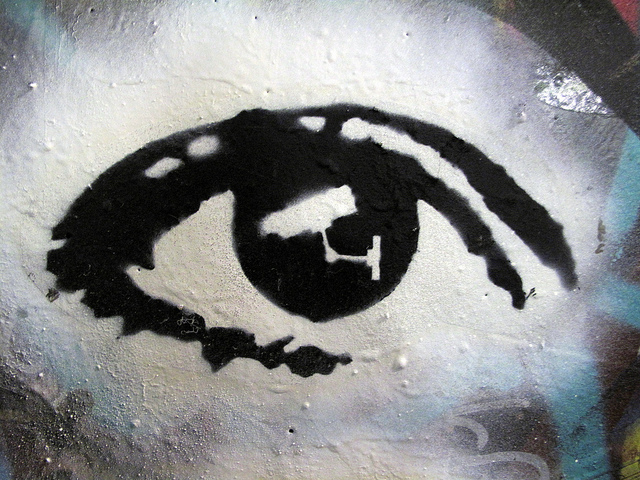rabble is expanding our Parliamentary Bureau and we need your help! Support us on Patreon today!
It is easy, in the aftermath of the attacks on Paris, to be buoyed by the outpouring of empathy and support the Internet has afforded the global community. But, in some ways, that cyber solidarity is a misdirection. We should, I think, also be turning our attention from the French flag and Eiffel Tower avatars towards the less heartwarming reaction of world security mandarins. They are using, as they have always done, the terrorist attacks as a call to arms to increase Internet surveillance and reduce the privacy of global citizens.
In Britain, politicians including U.K. Prime Minister David Cameron are urging that the Investigatory Powers Bill should be “expedited” and made law “as soon as possible.” It was to come into effect at the end of next year. He also plans to hire 1,900 new security and intelligence staff.
In the U.S., FBI Director James Comey has argued that his agency and terrorist groups are in an arms race with the groups using encrypted services and devices to mask their plans and intents. Other U.S. security officials are blaming this problem on Edward Snowden, who blew the whistle on their surveillance techniques.
Still other politicians and security experts on both sides of the Atlantic were quick to issue warnings that Islamic terrorists were “going dark” to investigators. They argued that by using anonymizing tools like Tor and hiding behind encrypted communications with no back doors, extremists were able to easily organize and co-ordinate deadly attacks like those in Paris. And, of course, they called for the expeditious passing of legislation to expand the surveillance powers of government organizations.
These are all callous and calculated moves that won’t come as any surprise to readers of Naomi Klein’s The Shock Doctrine. Governments and private corporations are often quick to jump on tragedies and disasters as a means of taking advantage of the shock, awe and base instincts engendered by the sudden and horrific.
And, while that is opportunistic, it is not necessarily wise. Along with increasing the ability of government organizations to spy on ordinary citizens, increased license would dramatically increase the amount of raw data the agencies would have to sift through. That often means sophisticated but no perfect search algorithms will trigger more false positives (flags that don’t result in real threats). And, at least some of the actors in the Paris attacks were known to French and international authorities. So, current surveillance powers seem to have been sufficient to identify threats, if not spark a preemptive response.
Early this week there were reports that the Paris assailants may have been using the chat function in various Sony PS4 games to communicate. That later turned out to be a misinterpretation of an interview that took place three days before the Paris attacks. But other evidence, including leaks from Edward Snowden suggest that terrorists are using game chat rooms as virtual meeting spaces. It’s as though, in a deadly game of cat and mouse, the mice discovered, literally, a whole new game.
But urging a crackdown on game chats, or WhatsApp or whatever is as pointless as now searching shoes and toothpaste in airports. By the time the restrictions are in place the mice will have moved on.
It is natural when we are hurt, angry or scared to want revenge or to see killers brought to justice. It’s the darker side of the empathy we see pouring out in tri-colours on social networks. But having our eyes and hearts opened by heinous attacks shouldn’t also blind us to the more covert attacks on our civil liberties that may come as a second wave assault.
Listen to an audio version of this column, read by the author, here.
Wayne MacPhail has been a print and online journalist for 25 years, and is a long-time writer for rabble.ca on technology and the Internet.
Image: duncan c/flickr
rabble is expanding our Parliamentary Bureau and we need your help! Support us on Patreon today!



